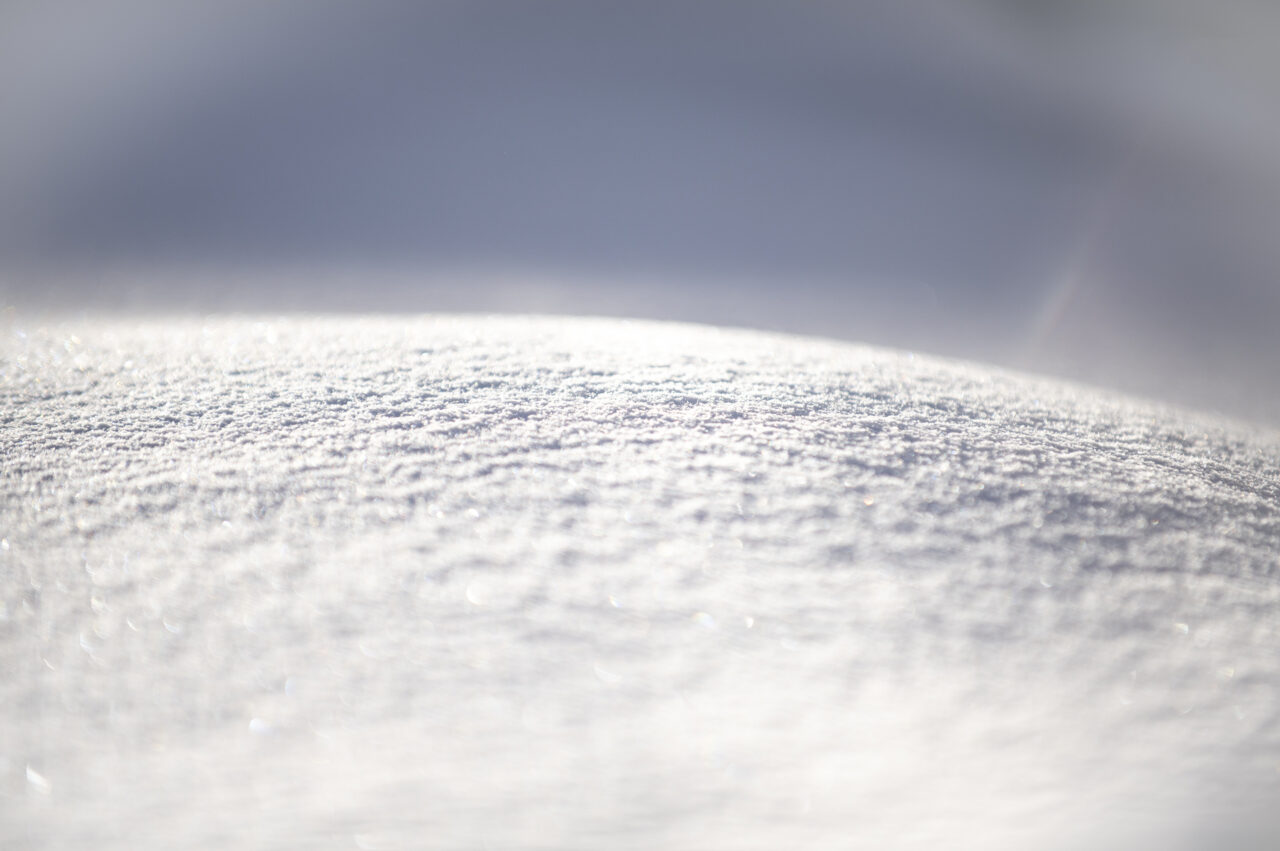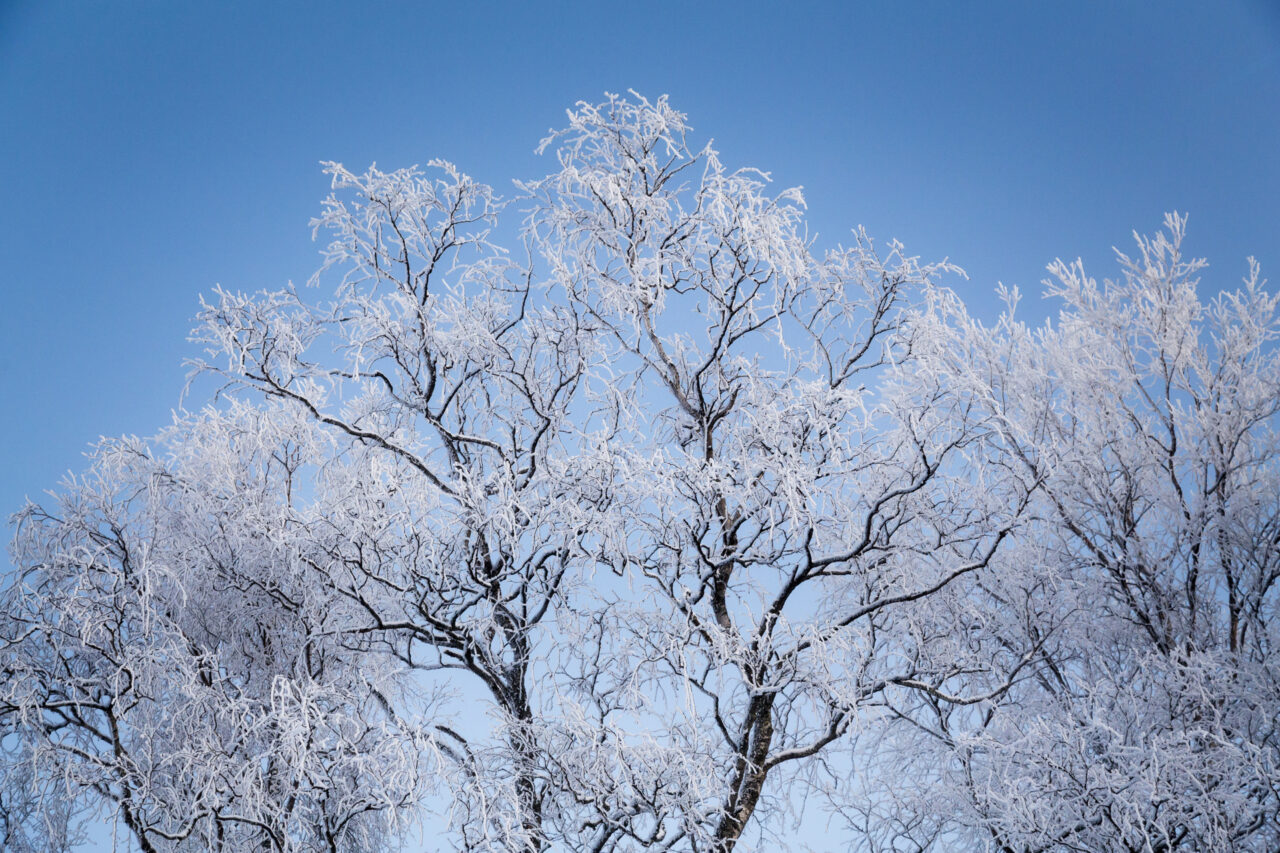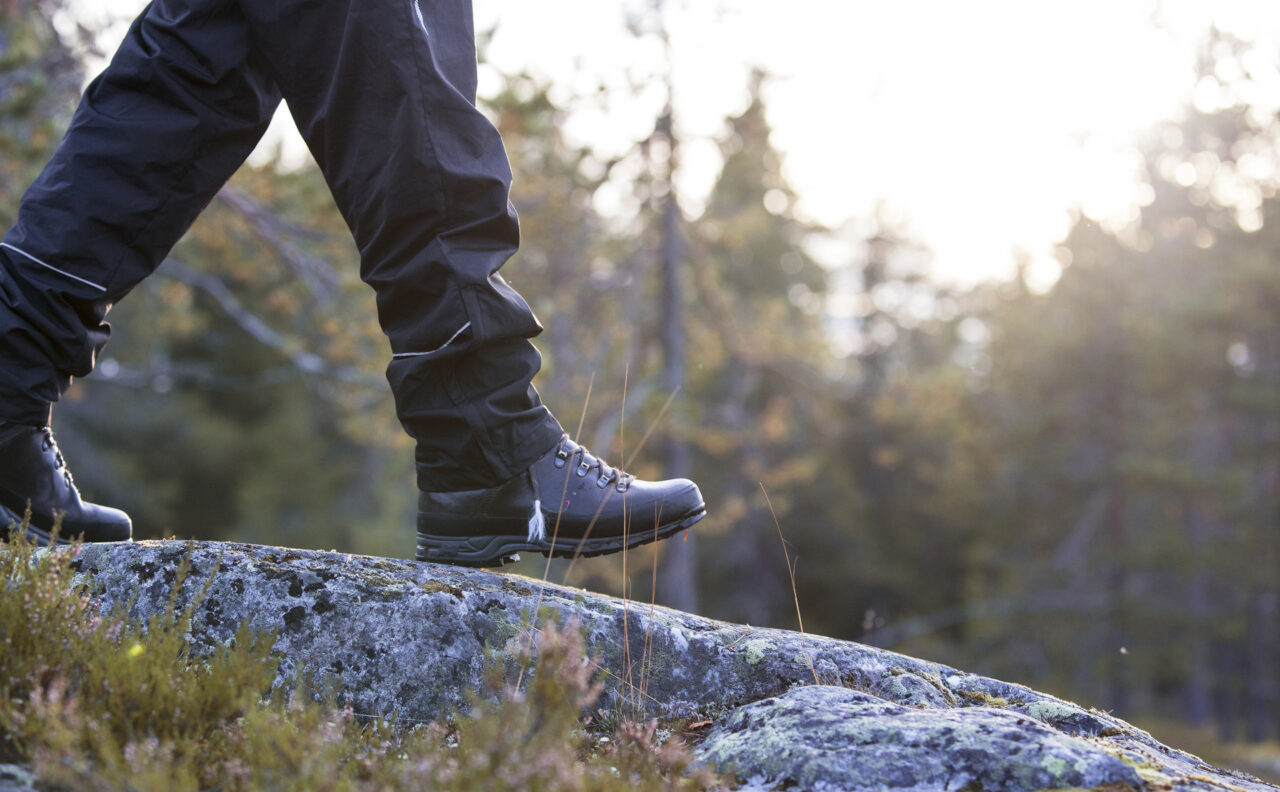Our strategic partner UArctic
What is UArctic?
University of the Arctic, UArctic, is one of the key strategic partners of the University of Lapland. Through our membership in UArctic, we gain access to Arctic education and research collaboration as well as networking opportunities.
UArctic is a network of universities, colleges, research institutes, and other organizations concerned with education and research in and about the North. It builds and strengthens collective resources and collaborative infrastructure that enables member institutions to better serve their constituents and their regions. Through cooperation in education, research and outreach, the network enhances human capacity in the North, promotes viable communities and sustainable economies, and forges global partnerships.

Long-lived partnership
Joint history
The history of UArctic is strongly tied to the University of Lapland. The initial feasibility study for the University of the Arctic was conducted by the Circumpolar Universities Association from 1997, whose Secretariat we then hosted.
We have been a member of UArctic since 2001 when the network was formally launched in Rovaniemi.
Home of UArctic Secretariat
We host the UArctic International Secretariat, which is the main coordination and contact point for UArctic. The Secretariat supports the governance and management bodies of UArctic and the organization’s information and communication services.
Our representation in UArctic’s governance
Each UArctic member has the right to participate in the decision-making of the network, shaping its direction and future. The Assembly oversees the direction and program development of the network, and also acts as a forum of consultation, networking and cooperation between all members.
The University of Lapland is represented on the Assembly of UArctic by Rector Antti Syväjärvi (primary representative) and Mari Putaansuu (alternate representative).

Arctic cooperation in research and education
Thematic Networks
The University of Lapland is also active in research collaboration. UArctic’s Thematic Networks foster issues-based cooperation within networks that are focused but flexible enough to respond quickly to topical Arctic issues. Together they develop joint education and research, and provide a structure for increasing the knowledge generation and sharing across the North.
We participate in 29 UArctic Thematic Networks and lead eight of them.
Networks we lead
- Ageing and Gender in the Arctic (Lead: Shahnaj Begum; Vice-lead: Päivi Naskali)
- Arctic Extractive Industries (Lead: Florian Stammler)
- Arctic Law (Lead: Kamrul Hossain; Vice-lead: Leena Heinämäki)
- Arctic Migration (Lead: Nafisa Yeasmin)
- Arctic Sustainable Arts and Design (ASAD) (Lead: Maria Huhmarniemi)
- Critical Arctic Studies (Lead: Monica Tennberg; Vice-lead: Marjo Lindroth)
- Decolonization of Arctic Library and Archives Metadata (DALAM) (Lead: Susanna Parikka)
- Frozen Arctic Conservation (Lead: John Moore; Vice-lead: Ilona Mettiäinen)
Networks in which we participate
- Arctic Cultures and History (ARCH)
- Arctic in Asia and Asia in the Arctic
- Arctic Indigenous Film
- Arctic Safety and Security
- Arctic Sustainable Resources and Social Responsibility
- Children of the Arctic
- Circumpolar Archives, Folklore and Ethnography (CAFE)
- Climate Justice in the Arctic
- Communicating Arctic Research
- EALÁT Institute
- Gender in the Arctic Knowledge Production
- Health and Well-being in the Arctic
- Herbivory
- Managing Small and Medium Sized Enterprises in the North
- Model Arctic Council
- Nordic Snow Network
- Northern Research Forum
- Northern Tourism
- Renewable Energy
- Social Work
- Teacher Education for Social Justice and Diversity in Education
Why does Arctic collaboration matter?
Why it is important for universities, researchers and artists in the Arctic to be committed to Arctic cooperation? Lars Kullerud, UArctic President, speaks about the importance of cooperation and thematic networks in the video interview.
UArctic Chairs
UArctic Chairs are highly qualified academics who will serve as academic drivers in a broad area of relevance to the Arctic. They implement and drive collaborative actions in research and education among UArctic members and Thematic Networks, and build partnerships with the broader Arctic community.
Three of the UArctic Chairs are from the University of Lapland:
- Kamrul Hossain, UArctic Chair in Arctic Legal Research and Education
- Maria Huhmarniemi, UArctic Chair in Arctic Art and Design
- Tuija Turunen, UArctic Chair in Education for Social Justice and Diversity

Arctic knowledge for students
Arctic Studies Program
The Arctic Studies Program (25 ECTS) offers a unique opportunity to specialize in Arctic issues. The non-degree program has a multidisciplinary perspective, and it provides comprehensive knowledge of the physical, environmental, social and cultural aspects of the Arctic. The program is open for all ULapland degree and exchange students.
The Arctic Studies Program is coordinated and organized by the Arctic Centre and the Faculty of Social Sciences. It is based on UArctic’s Circumpolar Studies, a core curriculum collectively developed by UArctic members.
north2north exchanges
Our students have the opportunity to gain new northern experiences and expand their Arctic expertise in Denmark, Greenland, the Faroe Islands, Canada, the United States, Sweden, Norway, Iceland, France, and Scottland through UArctic’s north2north exchange program. To learn more about the destinations, application procedures and deadlines, contact the Internationalisation Services.
MA Programme in Sustainable Art and Design
The Master’s Degree Programme in Sustainable Art and Design at the Faculty of Art and Design responds to the changing role of the creative professional in society. There is a vivid cooperation between the programme and UArctic Thematic Network on Arctic Sustainable Arts and Design (ASAD).
MA Programme in Northern Tourism
The Master’s Degree Programme in Northern Tourism builds knowledge on the challenges facing the northern and Arctic regions and tools for the collaborative development of tourism. A part of the curricula is organised together with the UArctic Thematic Network on Northern Tourism.